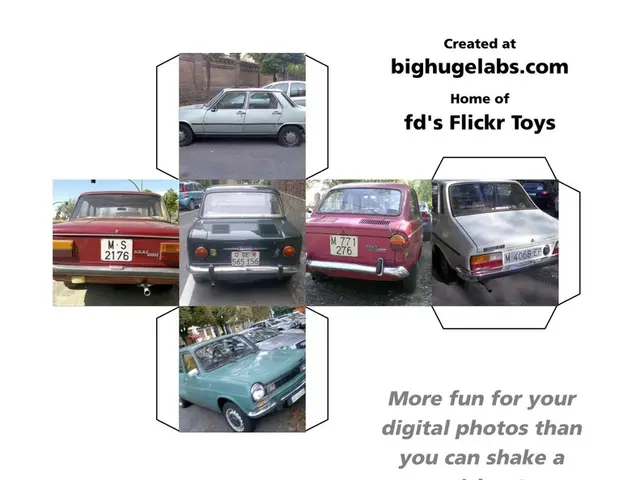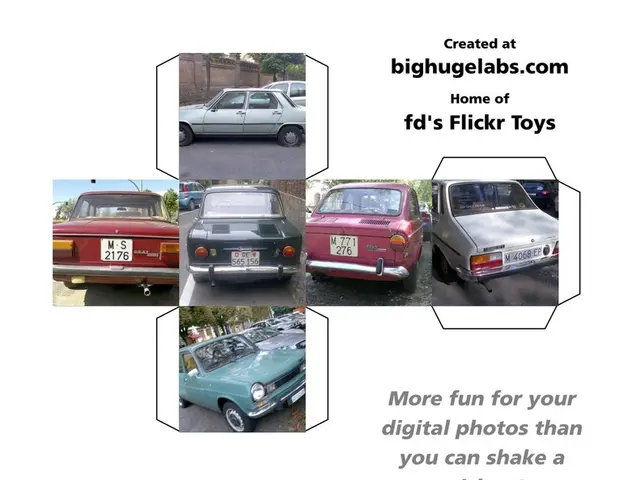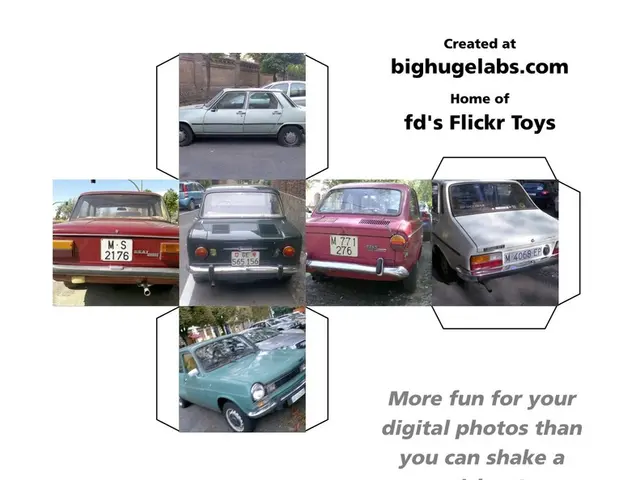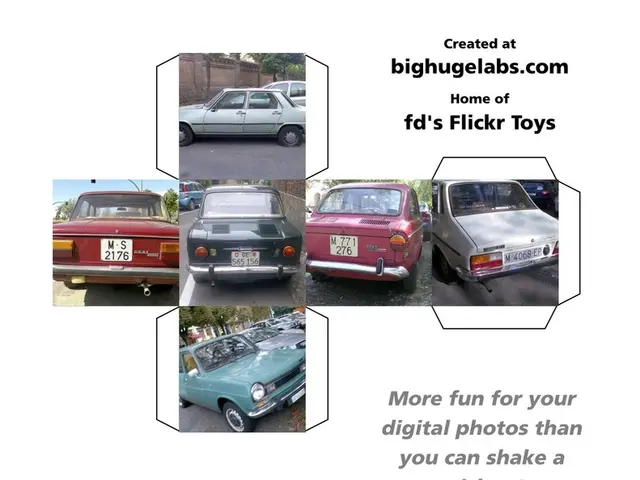Controversy Mounts Over "Whisper Brake" Used by Both German and Swiss Railways After Recent Derailment
German high-speed train braking system under scrutiny by Swiss authorities, following similar concerns expressed by Deutsche Bahn.
In the wake of Switzerland's criticism concerning delays from German Rail, there's now dissatisfaction surrounding the brake type, LL, also utilized by the German Rail. Following the derailment of a freight train in a Swiss tunnel, the tunnel could only partially function.
The Swiss Federal Railways (SBB) have been quick to criticize the brake type employed in freight trains, which shares similarities with that used by the German Rail, and demand enhanced maintenance amongst other things. In their statement, the SBB propose the restricted or even outright prohibition of using freight wagons with LL brake blocks in Switzerland and across Europe, if proper maintenance regimes aren't addressed.
The SBB refer to the final report on the derailment of a freight train in the Gotthard Tunnel in 2023 by the Safety Investigation Authority (Sust). The Sust attributes the accident to a wheel hub fracture due to fatigue cracks caused by thermal overload. It suggests, among other things, increased maintenance intervals, superior testing methods, and a study on the influence of composite brake blocks, including LL, on the thermal load on the wheels.
According to a spokesperson for the German Rail, most of the approximately 60,000 freight wagons of DB Cargo are equipped with LL brake blocks. The brake type is marketed as a "whisper brake," with LL representing "Low Friction - Low Noise." The spokesperson explained that deployment and maintenance rules for wheel sets have been continually adjusted throughout Europe, "to reduce the mechanical and thermal loads on the wheels and minimize the risk of damage to the wheels."
Remarkably, the Swiss Railways do not have any freight wagons with LL brake blocks. On August 10, 2023, a freight train derailed in the west tube of the Gotthard Tunnel. Fortunately, no one was harmed, but the removal of the wagons took months, and tracks needed replacement. Unrestricted traffic was possible again only a year later.
Insights
The criticisms of the LL brake type stem from concerns about its potential role in contributing to the thermal load on wheels, which may intensify material fatigue and cracking. These concerns were highlighted following a derailment in the Gotthard Base Tunnel in Switzerland in 2023, where a broken wheel disk was identified as the primary cause. The incident led to calls for changes in brake technology and maintenance practices.
Problems associated with LL Brake Type
- Thermal Load Concerns: LL brake blocks may increase the thermal load on wheels, potentially contributing to material fatigue and cracking.
- Systematic Wheel Cracks: Derailments like these emphasize a systematic problem with wheel cracks, which can be exacerbated by the use of LL brake blocks.
In response to the derailment incident in the Gotthard Tunnel, the Swiss Federal Railways (SBB) propose the implementation of community policies aimed at addressing the thermal load concerns associated with the LL brake type used in some European countries. As part of these initiatives, the SBB suggest vocational training programs for maintenance workers to ensure effective monitoring and improvement of maintenance regimes for trains equipped with the LL brake type.
The financial implications of the brake type controversy extend beyond Switzerland and Germany, as industry experts examine the cost-effectiveness of transitioning to alternative brake technologies or enhancing maintenance practices for the LL brake type. Furthermore, the potential need for investments in transportation infrastructure, such as automotive parts like wheel sets, may arise should the SBB's proposals be adopted.








